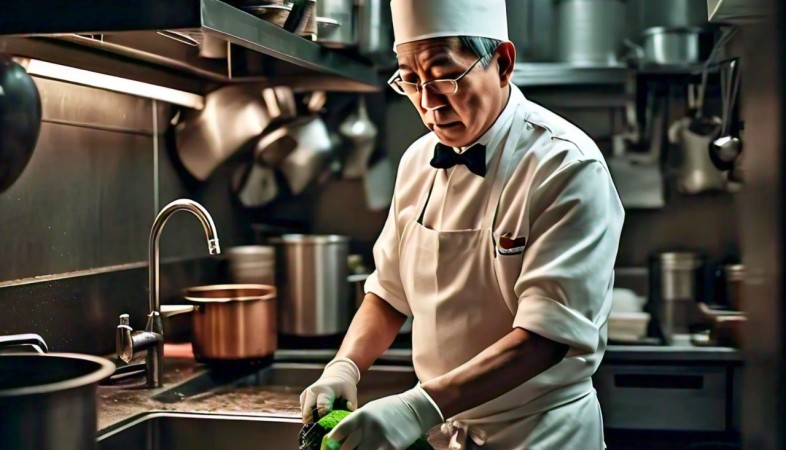The Evolution of Kitchen Stewarding Job Roles: Adapting to Industry Changes
The evolution of kitchen stewarding job roles underscores the adaptability and resilience of the hospitality industry in responding to changing trends and demands.
The landscape of kitchen stewarding job roles has undergone
a significant transformation over the years, mirroring the dynamic shifts
within the hospitality industry. Traditionally relegated to dishwashing and
basic cleaning tasks, kitchen stewards now find themselves at the forefront of
multifaceted responsibilities that encompass waste management, equipment
maintenance, and sustainability practices. This evolution is driven by a
combination of factors, including changing consumer preferences, technological
advancements, and a heightened emphasis on environmental sustainability.
Expanded Responsibilities
Gone are the days when kitchen stewards were solely responsible for scrubbing pots and pans. Today, their job roles have expanded to encompass a much broader range of duties. In addition to dishwashing, kitchen stewards may be tasked with inventory management, equipment maintenance, and ensuring compliance with health and safety regulations. This diversification of responsibilities reflects the increasing complexity of kitchen operations and the need for a versatile workforce capable of handling various tasks efficiently.
Technological Integration
The integration of technology has revolutionized kitchen operations, and kitchen stewards are no exception. Modern commercial kitchens are equipped with automated dishwashing machines, high-tech appliances, and digital inventory management systems. As such, kitchen stewards must possess basic technological skills to operate and troubleshoot these devices effectively. Additionally, digital communication tools are used to enhance coordination and efficiency within kitchen teams, facilitating seamless collaboration and task allocation.
Emphasis on Sustainability
With growing concerns about environmental sustainability, there is a heightened emphasis on implementing eco-friendly practices in commercial kitchens. Kitchen stewards play a crucial role in this regard, responsible for reducing food waste, conserving water and energy, and promoting recycling and composting programs. This may involve proper sorting of waste materials, monitoring resource usage, and educating kitchen staff about sustainable practices. By integrating sustainability into their job roles, kitchen stewards contribute to the overall environmental stewardship of the establishment.
Cross-Training and Skill Development
To meet the evolving needs of the industry, many kitchen stewards undergo cross-training and skill development initiatives. This may involve learning additional culinary techniques, mastering equipment operation, or obtaining certifications in food safety and sanitation. By expanding their skill sets, kitchen stewards become more versatile and adaptable, capable of handling a wider range of tasks and contributing to the overall efficiency and effectiveness of kitchen operations.
Team Collaboration
Effective teamwork is essential for success in any commercial kitchen, and kitchen stewards are integral members of the team. Collaborating closely with chefs, cooks, and other kitchen staff, they ensure that the kitchen operates smoothly and efficiently. This may involve coordinating dishwashing schedules, communicating inventory needs, and providing support during peak hours. By fostering strong communication and teamwork, kitchen stewards contribute to a positive work environment and enhance the overall guest experience.
Career Advancement Opportunities
As the role of kitchen stewards continues to evolve, there are increasing opportunities for career advancement within the hospitality industry. Experienced kitchen stewards may progress to supervisory or managerial roles, overseeing larger teams and broader operations. Additionally, they may pursue specialized training or education in areas such as culinary arts, hospitality management, or sustainability practices, opening doors to new career pathways and opportunities for professional growth.
The evolution of kitchen stewarding job roles underscores the adaptability and resilience of the hospitality industry in responding to changing trends and demands. From expanded responsibilities and technological integration to emphasis on sustainability and career advancement opportunities, kitchen stewards play a vital role in shaping the future of commercial kitchens. By embracing change, acquiring new skills, and collaborating effectively with their colleagues, kitchen stewards contribute to the success and sustainability of the industry as a whole.
.png)




























